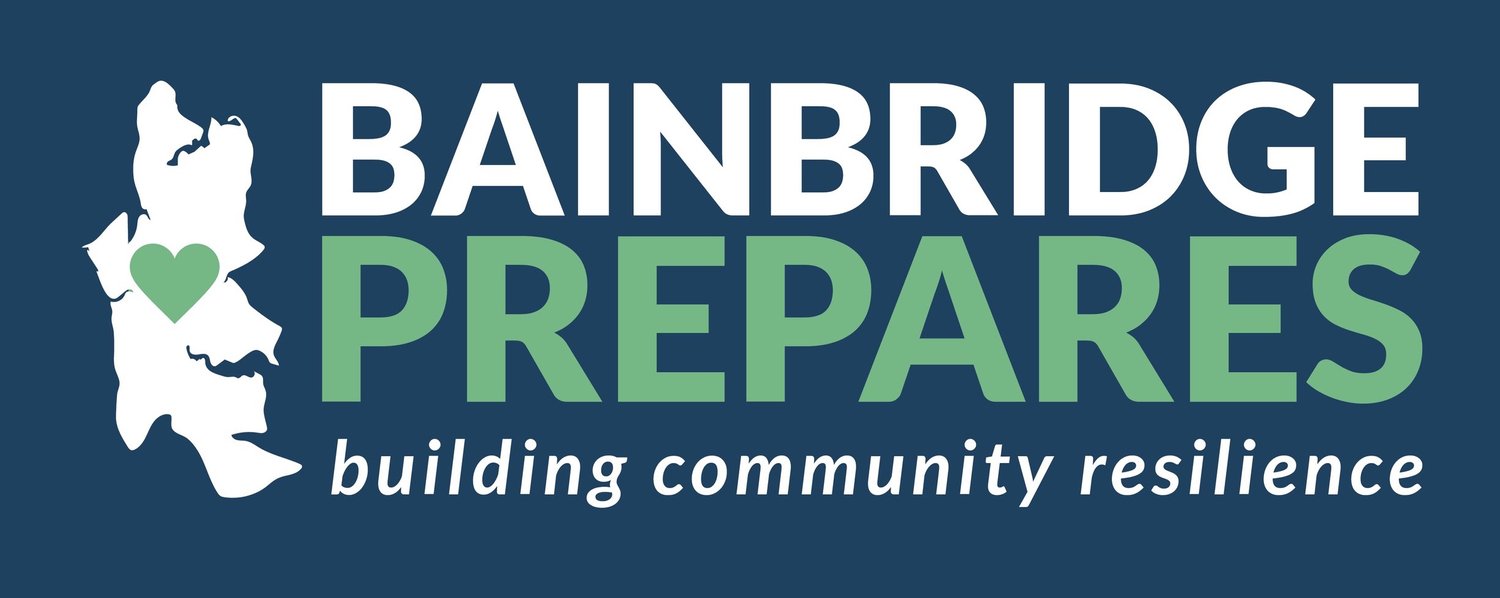Upgrade Your Air Quality Before Wildfire Smoke Arrives
Because of climate change and human expansion into wilderness, fire season is now an annual event. That means that at least once a year, you need to take measures to keep your home safe, be prepared to evacuate (read more here), and protect your family’s air quality.
The Problem with Wildfire Smoke
According to the American Lung Association, wildfire smoke particle pollution “triggers asthma attacks, heart attacks, and strokes.” In addition, the carbon monoxide released by forest fire “reduces oxygen delivery to the body's organs and tissues and can lead to headaches, nausea, dizziness, and, in high concentrations, premature death.”
One of the reasons wildfire smoke is so dangerous is that its particles are extremely small—one-third of the diameter of a human hair or less—and can therefore lodge easily and deeply in the lungs.
Monitor Air Quality
During wildfire season, which in Washington runs from now until early October, monitor air quality daily. You can use the AirNow Fire and Smoke map or the Washington Department of Ecology Air Monitoring Network.
Keep Smoke Out
When smoke particle concentrations are high, make sure you’re not facilitating smoke entry into your home:
Keep your windows closed.
Put your central HVAC on recirculate, so the system doesn’t bring in more smoke.
On a window air conditioner, close the damper. Also check to make sure the seal between the machine and the window is tight.
Replace your single-hose portable air conditioner with a dual-hose model.
Get Smoke Out
Run a portable air-filtering machine. Make sure to use the right-size device for the size of your room. Also make sure the machine doesn’t generate ozone.
Upgrade your central HVAC system with a high-efficiency filter (MERV 13 rating if possible). Keep the fan on “On.”
Alternatively, you can build your own air cleaner.

